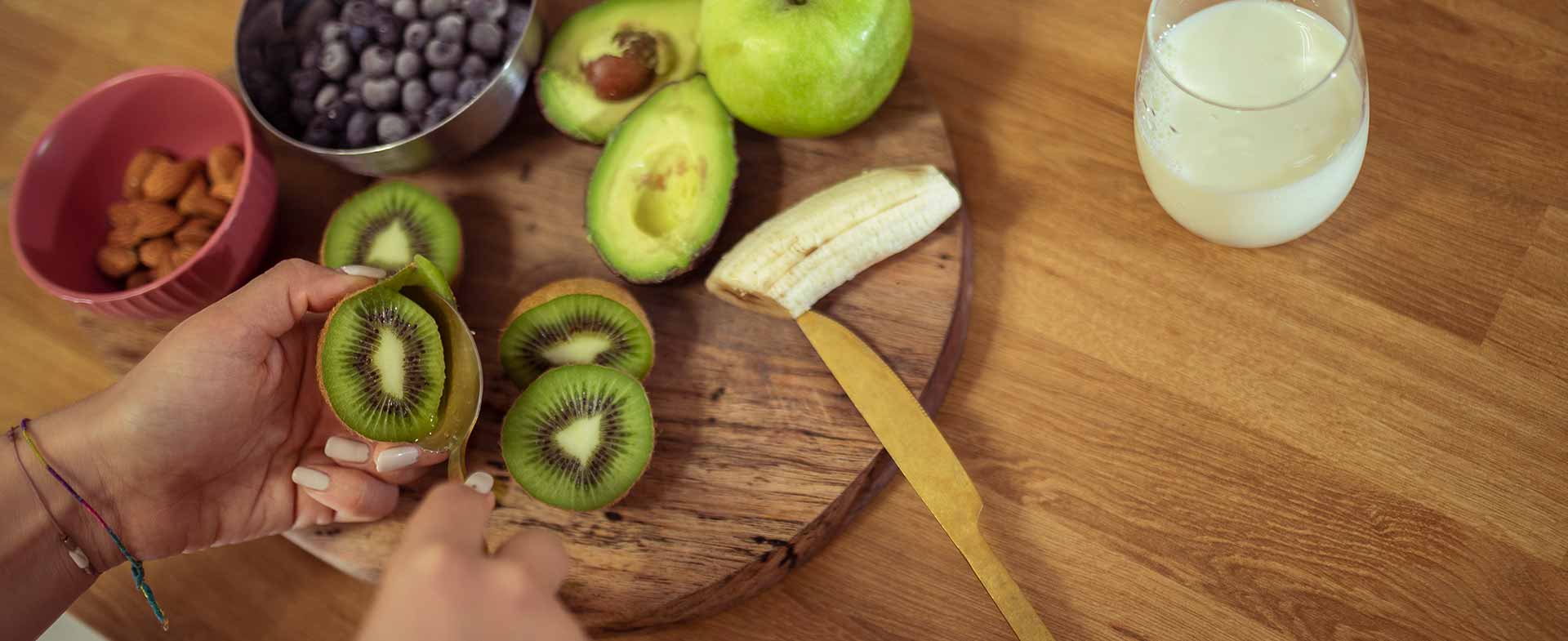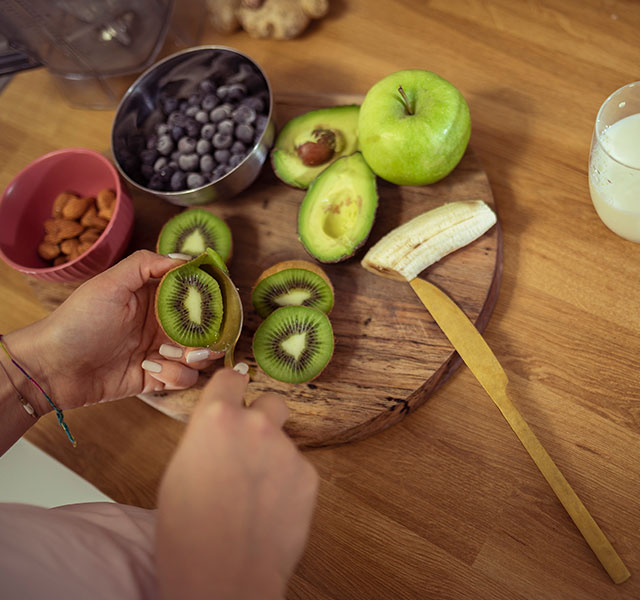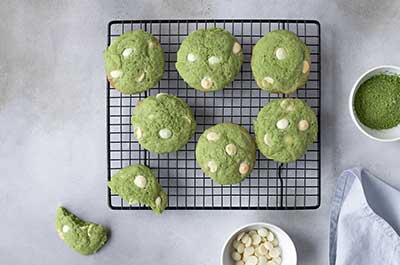Food is our fuel, but it’s more than an energy source to get you through your day. What you eat also affects your ability to relax and sleep at night.
Which foods could help you get some rest, and which ones might leave you tossing and turning? Henry Ford Health clinical dietitian Halle Saperstein, R.D., shares which foods to enjoy close to bedtime and which ones to avoid.
Best Foods for Sleep
How can food improve your sleep? “Some vitamins and minerals in food can affect your body’s natural levels of melatonin, a hormone that controls your sleep and wake cycles,” explains Saperstein. “Some foods may also help your body make serotonin, which is a hormone and neurotransmitter that can support quality sleep.”
What are these super sleep-enhancing foods? Some of the best options include:
1. Tart cherry juice
Montmorency cherries contain melatonin, and drinking the juice is a great way to get this benefit. “Some research has found that adults with insomnia may have better quality and length of sleep after drinking tart cherry juice before bed,” says Saperstein.
If you’ve never tried tart cherry juice before, Saperstein recommends fresh juice or concentrate over pills. “Try two ounces of cold tart cherry juice concentrate mixed with water one hour before bedtime,” she suggests. ”Consistency is key to any sleep regimen, so drink it each night to see if you notice improvements in sleep over time.”
2. Bananas
Bananas contain tryptophan, an amino acid that helps your body make serotonin and melatonin. But the benefits don’t stop there. “Bananas also contain magnesium and potassium, minerals that may help calm your nervous system and relax your muscles,” says Saperstein. “Bananas are great on their own or mixed with almond milk and a little cinnamon.”
3. Kiwi
“Kiwi contains serotonin, and a study found that foods with serotonin can help you drift off sooner and stay asleep longer,” says Saperstein. “Kiwis also contain antioxidants like vitamin C, which have a positive effect on sleep.”
4. Fatty fish
Fish high in omega-3 fats, such as salmon, mackerel and sardines, are great for heart and brain health. But they may help you get some much-needed shut-eye, too.
“The omega-3 fats and vitamin D in fatty fish can boost serotonin, which can help your sleep,” says Saperstein. “Some research suggests that people who eat fish three times a week sleep better and function better throughout the day.”
5. Almonds
Almonds are a good source of magnesium, a key mineral essential for a good night's sleep. “Magnesium can help your muscles relax and may lower levels of the stress hormone cortisol,” says Saperstein. “Almonds also contain melatonin.”
6. Oats
Oats are another food with natural melatonin. They may boost serotonin levels by helping your body absorb tryptophan. “Oats are also complex carbohydrates, which help you avoid a blood sugar spike and dip that you might get with simple carbs,” says Saperstein. “Stable blood sugar levels promote better quality sleep.”
7. Chamomile tea
Chamomile contains apigenin, an antioxidant that can help you feel sleepy. “Apigenin can have a relaxing, sedating effect,” says Saperstein. “Studies show that chamomile may also reduce the number of times you wake up.”
What Not to Eat Before Bed

Subscribe To Our E-Newsletter
Certain foods can make it harder to fall or stay asleep, including:
- Alcohol: Alcoholic drinks seem relaxing, but they’re actually doing the opposite. “Alcohol disrupts your sleep cycles and lowers your quality of sleep,” Saperstein says.
- Caffeine: Caffeine interferes with sleep-promoting chemicals in your brain, and the effect can last for hours. “If you have trouble sleeping, stop all caffeine at least six hours before bed, or longer if needed,” says Saperstein. “Look for hidden sources of caffeine in foods or drinks."
- Greasy or spicy foods: “Consuming heavy, spicy foods can trigger acid reflux and indigestion,” says Saperstein. “These issues can make you uncomfortable when you want to wind down.”
- Large meals: Eating too much, too close to bedtime, tells your body to stay awake to digest. “Eat your last meal about three hours before bed,” says Saperstein. “After that, only eat a small snack, and ideally, it should be a food that helps you sleep.”
- Sugar and refined carbs: “Simple carbs like white bread, baked goods and desserts cause a blood sugar spike and crash, which can wake you up,” Saperstein explains. “Go for complex carbs, such as those found in whole grains, legumes and vegetables.”
Don’t Sleep on Sleep-Promoting Foods
The foods you eat may seem like a small factor in your overall sleep quality, but they can make a big difference. “Eating sleep-promoting foods—and avoiding foods that keep you awake—can help you get the rest your body needs,” says Saperstein.
If you continue to struggle with sleep after tweaking your diet, talk to your provider. “Your doctor can help you determine the root cause of the sleep issue so you can get the treatment you need,” says Saperstein.
Reviewed by Halle Saperstein, R.D., a clinical dietitian at Henry Ford Health.



